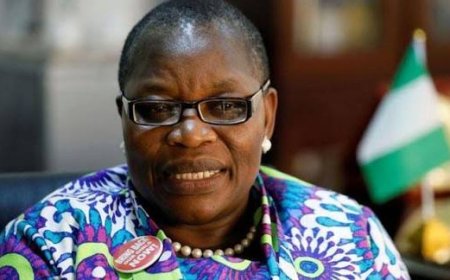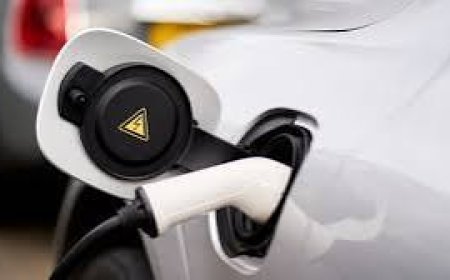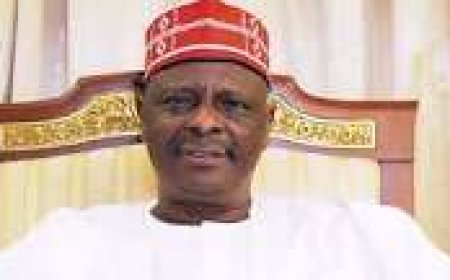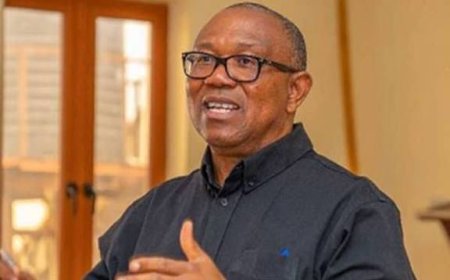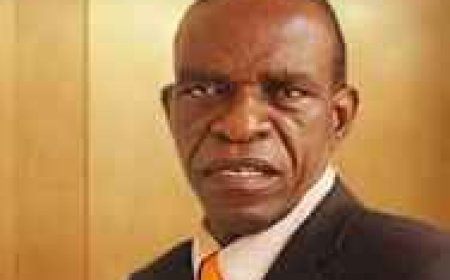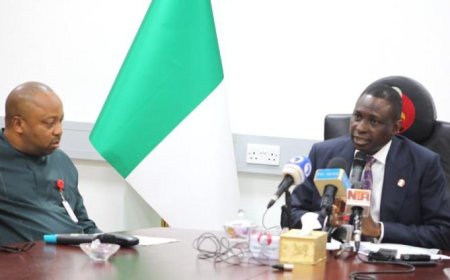Nigeria’s Economy Grows Strongly Amid High Inflation — World Bank
The World Bank says that Nigeria’s economy recorded its fastest growth in about a decade in 2024, following a strong fourth quarter and improved fiscal position.
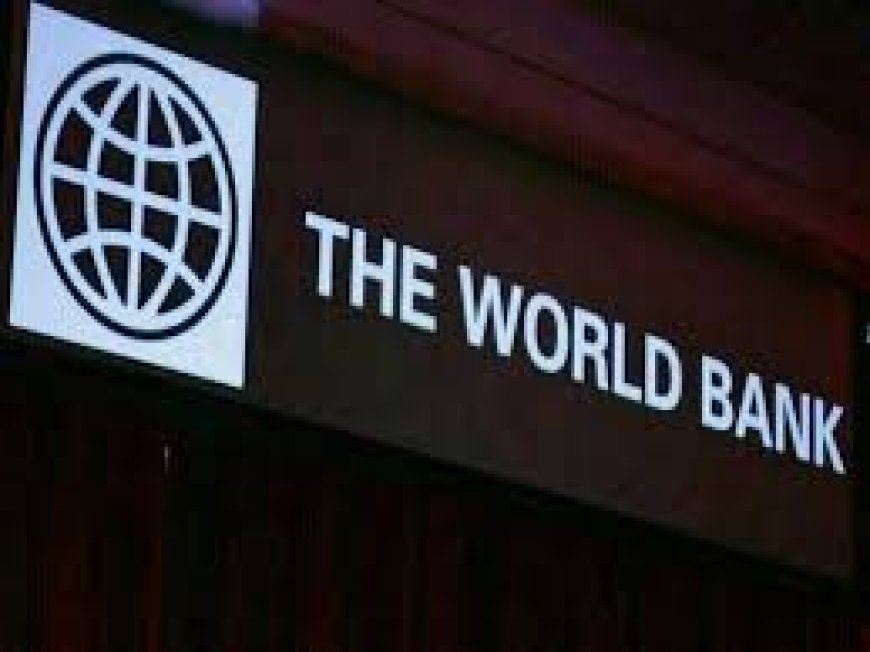
The World Bank says that Nigeria’s economy recorded its fastest growth in about a decade in 2024, following a strong fourth quarter and improved fiscal position.
The bank's Lead Economist for Nigeria, Alex Sienaert, spoke during a presentation on Monday, noting that the country's economy grew by 4.6% year-on-year in the fourth quarter of 2024.
The World Bank expects Nigeria’s economy to grow by 3.6% in 2025.
Sienaert, who quoted high-frequency business indicators, further noted that, the economy continued to expand in early 2025, but, however, warned that persistent and high inflation remainee a challenge.
The global bank is expected to launch its bi- annual, in-depth report about Nigeria Development Update in Abuja today, examining selected economic and policy issues and an analysis of the country's development challenges.
Meanwhile, this development is coming against the backdrop of President Bola Tinubu's administration's bold economic reforms like the removal of petrol subsidies, slashing electricity allowances and devaluation of the Naira, which have combined to add more higher inflation.
The country's annual inflation rate dropped to 23.18% in February 2025, its lowest level since June 2023, from 24.48% in January. However, food inflation eased to 23.51%, marking its lowest rate since September 2022, compared to 26.08% in the previous month.
According to the National Bureau of Statistics, NBS, the core inflation, which excludes the prices of volatile agricultural products and energy, rose to 24.43%, from 23.01% in the previous month. On a monthly basis, consumer prices rose by 3.90% in March, accelerating from 2.04% in February.
The country’s foreign exchange reforms have created a market-reflective, unified and stable exchange rate, allowing the central bank to rebuild official reserves, now exceeding $37 billion, Sienaert said.
“That’s significant because this is the cushion the economy has against external volatility,” he said.
Sienaert further said government revenue rose by 4.5% of GDP last year, a “remarkable achievement” driven by the removal of foreign exchange subsidies, improved tax administration and higher remittances.
The higher revenue helped cut the fiscal deficit to an estimated 3% of GDP in 2024, from 5.4% in 2023. But the full revenue benefit from the removal of the fuel subsidy is also yet to fully materialise, Sienaert said.
Despite the gain, Sienaer warned that Nigeria continues to grapple with high inflation.
He cautioned that tight monetary policy and disciplined fiscal policy must be sustained.
What's Your Reaction?

















